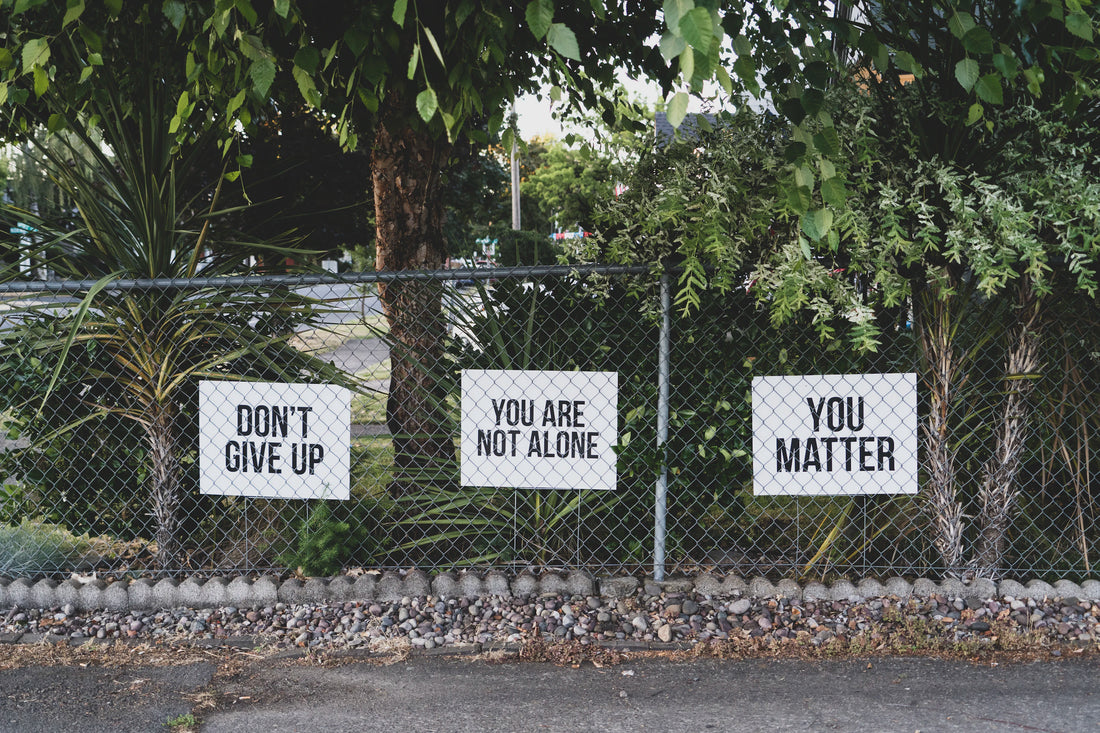In our fast-paced world, it’s easy to get caught up in the hustle and bustle of daily life. We often prioritize work, relationships, and other responsibilities while neglecting our mental well-being. Yet, just as we regularly check the health of our bodies, it’s essential to also check in with our minds. A mental health check-in is a powerful tool that helps you stay connected with your emotions, manage stress, and maintain a balanced life.
Why Mental Health Check-Ins Matter
Life can be overwhelming, and sometimes, our mental health takes a backseat to other pressing concerns. But neglecting our mental well-being can lead to burnout, anxiety, depression, and other mental health issues. Regular mental health check-ins allow us to pause, reflect, and address our emotions before they spiral out of control.
Consider your mind as a garden. If you neglect it, weeds will overrun it, and the flowers you once loved will wither away. But if you tend to it regularly—watering, pruning, and nurturing—it will flourish. Mental health check-ins are like the daily watering your mind needs to stay healthy and vibrant.
15 Mental Health Check-In Questions to Ask Yourself
To perform a mental health check-in, set aside some quiet time, away from distractions. Find a comfortable spot, take a few deep breaths, and start reflecting on the following questions. Remember, there’s no right or wrong answer—this is about understanding where you are mentally and emotionally.
1. How am I feeling today?
This simple question sets the tone for your check-in. Are you feeling joyful, anxious, overwhelmed, or something else? Identifying your current emotional state is the first step in addressing it.
2. What’s been on my mind lately?
This question helps you identify recurring thoughts or worries that might be affecting your mental health. Acknowledging them is the first step in dealing with them.
3. What activities or hobbies bring me joy, and have I been engaging in them?
Joyful activities are essential for mental health. Reflect on whether you’ve been making time for the things that uplift you.
4. Am I setting realistic goals for myself?
Unrealistic expectations can lead to frustration and stress. Assess whether your goals are achievable and align with your current mental state.
5. How do I handle negative emotions or situations?
Reflect on your coping mechanisms. Are they healthy and effective, or do they need improvement?
6. Have I been sleeping well?
Sleep is crucial for mental health. Consider your sleep patterns and how they might be affecting your mood and energy levels.
7. Am I staying connected with my loved ones?
Social connections are vital for emotional well-being. Reflect on your relationships and whether you’re nurturing them.
8. What are my sources of stress right now, and how am I managing them?
Identifying stressors and evaluating your coping strategies can help you manage stress more effectively.
9. Have I been kind to myself lately?
Self-compassion is key to mental well-being. Consider whether you’ve been treating yourself with the same kindness you’d offer a friend.
10. Am I spending too much time on social media?
Social media can have a significant impact on mental health. Reflect on whether your usage is healthy or if it’s contributing to stress or negative feelings.
11. What is my current energy level, and how can I recharge?
Understanding your energy levels can help you make necessary adjustments to avoid burnout.
12. Am I taking breaks when I need them?
Breaks are essential for mental clarity and focus. Consider whether you’re permitting yourself to rest when needed.
13. What am I grateful for today?
Gratitude can shift your focus from what’s wrong to what’s right. Reflect on the things you’re thankful for.
14. Am I being true to myself?
Consider whether you’re living authentically and in alignment with your values and beliefs.
15. What do I need to let go of?
Holding on to past hurts or unrealistic expectations can weigh you down. Reflect on what you need to release to move forward.
Making Mental Health Check-Ins a Habit
Like any healthy habit, regular mental health check-ins require practice and commitment. You don’t need to wait until you’re feeling overwhelmed to perform a check-in. Incorporate these moments of reflection into your daily or weekly routine, much like brushing your teeth or eating a balanced meal.
The more you check in with yourself, the more attuned you’ll become to your emotional state, allowing you to take proactive steps to care for your mental health. And remember, it’s okay to seek help if you need it. Sometimes, a friend, therapist, or counselor can provide the support you need to navigate challenging emotions.
Conclusion
Mental health check-ins are a simple yet powerful way to stay connected with your emotions and maintain a balanced life. By taking the time to reflect on your mental state, practicing mindfulness, and asking yourself meaningful questions, you can nurture your mind and well-being. In doing so, you’ll be better equipped to handle life’s challenges with grace and resilience. After all, your mental health is just as important as your physical health so treat it with the care it deserves.

